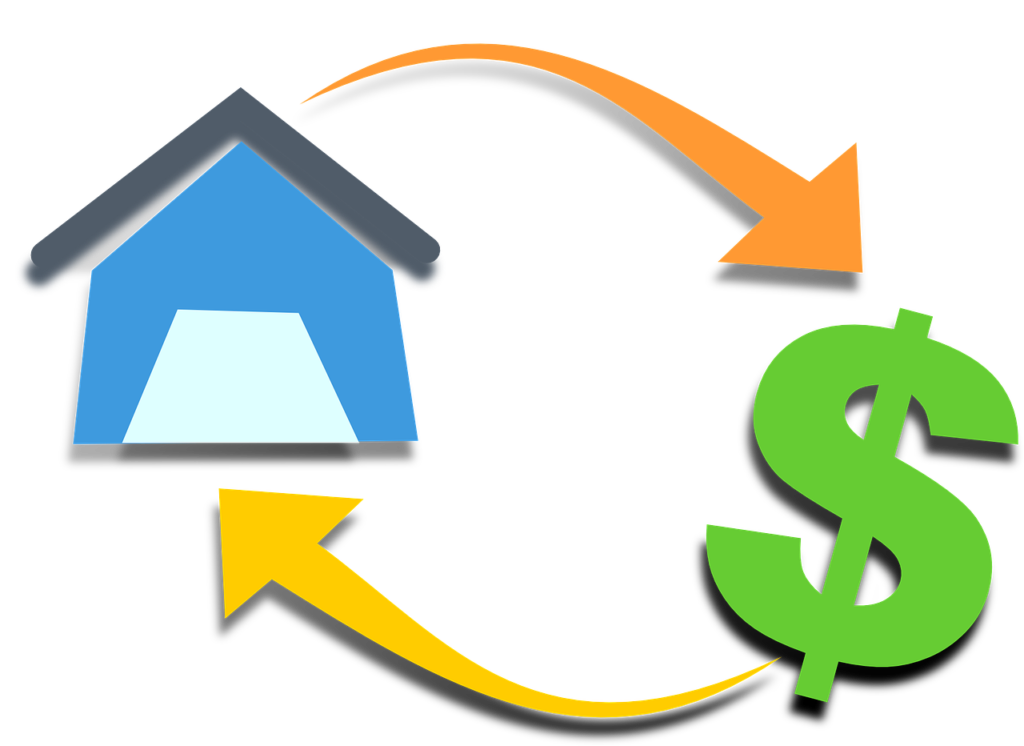Should You Or Your Parents Get A Reverse Mortgage

If you’ve watched any cable news, it’s likely you’ve seen a smiling handsomely mustached famous actor encouraging seniors to get reverse mortgages.
Reverse mortgages have a lot of appeal. They allow people to tap into the equity in their homes to help with living expenses, but are they just a way to take people’s homes away from them?
In a nutshell, a reverse mortgage is a home equity loan that is paid out in monthly payments instead of a single lump sum. There are ups and downs to reverse mortgages.
Benefits
Not usually taxable
Reverse mortgages are typically not considered taxable income. Double check with your tax accountant before taking out a reverse mortgage.
Does not affect Social Security or Medicare
Reverse mortgages do not affect Social Security or Medicare benefits since they aren’t considered income.
Monthly income
For those living on a fixed income, the extra monthly income is appealing and it can keep you from having to rely on your heirs.
Homeowners keep the home
Reverse mortgage recipients don’t sell their homes to the mortgage company. It is like any other home equity loan in that the homeowners get to keep the deeds to their homes.
Disadvantages
The interest can be high
As more money is taken from the home’s equity, the interest begins to add up and most reverse mortgages have variable interest rates, which means the interest rates could change at any time.
Interest is not tax deductible
With typical home mortgages, homeowners qualify for a huge annual tax deduction from the interest. With reverse mortgages, though, this tax benefit goes away.
The loan needs to be paid back
Before the home can be sold, the loan needs to be paid in full, which may mean very little if any profit out of the sale.
Less to pass down to heirs
When you have a reverse mortgage, the equity in your home decreases every single month (depending on the market), which means there’s less to pass on to your heirs once you’re gone.
You still have to pay maintenance costs
Since the home is still yours, you still have to pay maintenance costs and you might have trouble tapping into your home’s equity for additional funds if you have a major repair.
For more information on reverse mortgages, see the Federal Trade Commission.